
Living in the city can be both liberating and stifling to one’s mental health. As the world – including South Africa – commemorates Mental Health Month in November, the recent novel The City is Mine examines the bittersweet relationship with city living and the effects on mental health. Besides taking the reader on a nostalgic and educational excursion around Johannesburg’s concrete jungle landscapes, seasoned writer Niq Mhlongo essentially wanted to explore the city’s impact on men’s mental health. “Even the smell of the city, overcrowding, and pollution can contribute to mental health problems,” Mhlongo tells me in an interview in between his recent book tour in South Africa. To address this bothersome theme of mental health amongst men in the city, the author mainly uses a male character called Mangi.
Mangi’s Mental Marathon
The City is Mine centers around Mangi’s search for meaning on the cracked streets of Joburg after breaking up with fiancée Aza. The eight-year relationship was cut short by Aza after Mangi confronts her about a damning secret. The uncovering of Aza’s lie is the catalyst for the unraveling of their already tumultuous relationship. After the break-up and being retrenched at work, Mangi is left destitute. To this, Mhlongo says urban setting can negatively affect people by stripping them of necessary protective measures against the city like employment. “If you don’t have any source of income, you are vulnerable.” Throughout the book, readers follow Mangi’s brothel sprees, social media humiliation, cemetery nights, and making new friends under bridges. We also witness a man dealing with the shame of going back to his birthplace, typically being townships and rural spaces for many black professionals in the city.
Cities are generally, Mhlongo says, filled with high levels of mental health issues compared to rural areas. “We have our character Mangi who is from the rural areas of Limpopo. One of the main problems of him going back to the rural area is that he has to pay black tax to his family back home – which is too much for him – that is why he is still in the city.” Black Tax, a term coined in South Africa, refers to the financial responsibility apportioned to high earning black professionals to support their parents, siblings and relatives. But the city itself, adds Mhlongo, has a high risk for depression and anxiety because of unemployment and the stress of not being able to provide for your family. This pressure to provide is a daily battle for many men, particularly black African men. Hence migrating to cities like Johannesburg usually is the best strategy. But when the pot of gold is unattainable, it could have a negative impact on one’s mental wellbeing. “Mangi for instance or any character came to the city of Johannesburg in search of better services, economic and social opportunities. Once you reach the city and experience poverty, loneliness and isolation as a result of family break up, the city can cause such mental problems,” says the Soweto-born writer.
Loneliness and Suicide Amongst Men
Isolation from friends and family decays the spirit, worse when there is no income or purpose to fuel daily living. The relationship between loneliness and mental illness is a complex one which we are only starting to understand as argued by Noreena Hertz in her 2020 book, The Lonely Century, “Yet what seems to be the case is that loneliness and isolation can accelerate generic or circumstantial depressive tendencies in part because of their physiological impact.” She further argues that extreme loneliness can even lead to suicide. Growing research on this topic indicates that factors contributing to suicide among men include unemployment, unhealed childhood traumas, and toxic relationships. South Africa is ranked 10th on the list of countries with the most suicides, according to The South African Society of Psychiatrists (SASOP), with men being in the majority.
In their work to create awareness of men’s mental health issues, SASOP indicated that men are five times more likely to die from suicide than women. Their surveys reveal that women are diagnosed more than men with mental health conditions such as depression and anxiety as men don’t speak about their emotions until it is too late. Though Mangi didn’t take his own life, all his hardships are typical symptoms that lead many men towards suicide. In her 2023 pertinent novel, A Spell of Good Things, Ayobami Adebayo writes about a character called Baba – a father and husband who suddenly loses his job. Every day he fanaticizes about suicide. Baba even envies his friend who took his own life by hanging himself. Baba’s family worries over him but all are not able to understand his anguish as an African man who feels like a failure for not providing for his family. Mangi’s insistence on surviving despite all odds is what keeps the reader inspired to turn to the next page. We sympathize with his economic demise but are encouraged by his enduring will to busk in the city’s sunshine rays every morning. He has a determination to still keep going despite engaging in questionable activities with his newfound friends and lovers.
Coping Mechanisms to Self-Soothe
Mangi’s journey in The City is Mine shows how some men can do undesirable activities – sex workers, illegal schemes, and alcoholism – to self-soothe their pain and depression when the “perfect life” is suddenly snatched away. Some readers may, however, be judgemental of Mangi’s choices. As a writer, this was deliberate for Mhlongo to prompt activism and debate as, “All fiction is truth, fiction represents our hopes. Our task as writers is to pose difficult questions. I am writing not to give answers. I write to create a debate – nationally and globally.” Whether we agree with Mangi’s choices is a matter of perceptive. Trauma and depression affect people in different ways. The conversation could move toward why men do what they do. In a country filled with toxic masculinity, the worst-case scenario could have been violence towards ex-fiancée Aza but Mangi’s options played out differently. Life is not linear, it’s a brutal rollercoaster of wanting to be seen, heard, and loved. Mangi’s moments under the bridge and brothels, for instance, were a way of finding his place in the city and within himself. The sharing of meals and drinks with fellow strangers was to deal with his loneliness and homelessness.
Homelessness – What Is Home?
The City is Mine is also a call for compassion for the homeless men living under city bridges. Mhlongo – currently based in Berlin, Germany – argues that like elsewhere around the world, migration is also a factor in South Africa. People come to cities like Johannesburg, from neighbouring countries looking for a better life only to find that the city itself harbours poverty. “That is why I wrote about characters under the bridge.” Each character under the bridge, Mhlongo adds, comes from a certain kind of broken family background. Some come from South Africa’s Umtata and Limpopo, while others are from Swaziland and Zimbabwe. They all settle under the bridge connected by trauma and poverty. In a patriarchal society men’s mental health issues are often dismissed as a weakness, The City is Mine offers an opportunity for discussion on this often sidelined issue. Through contentious characters that evoke emotions for a wide audience, Mhlongo challenges us to deeply think about how toxic relationships, family trauma, and city living can cause mental health issues, particularly among men.
*Photo of Niq Mhlongo by Alet Pretorius


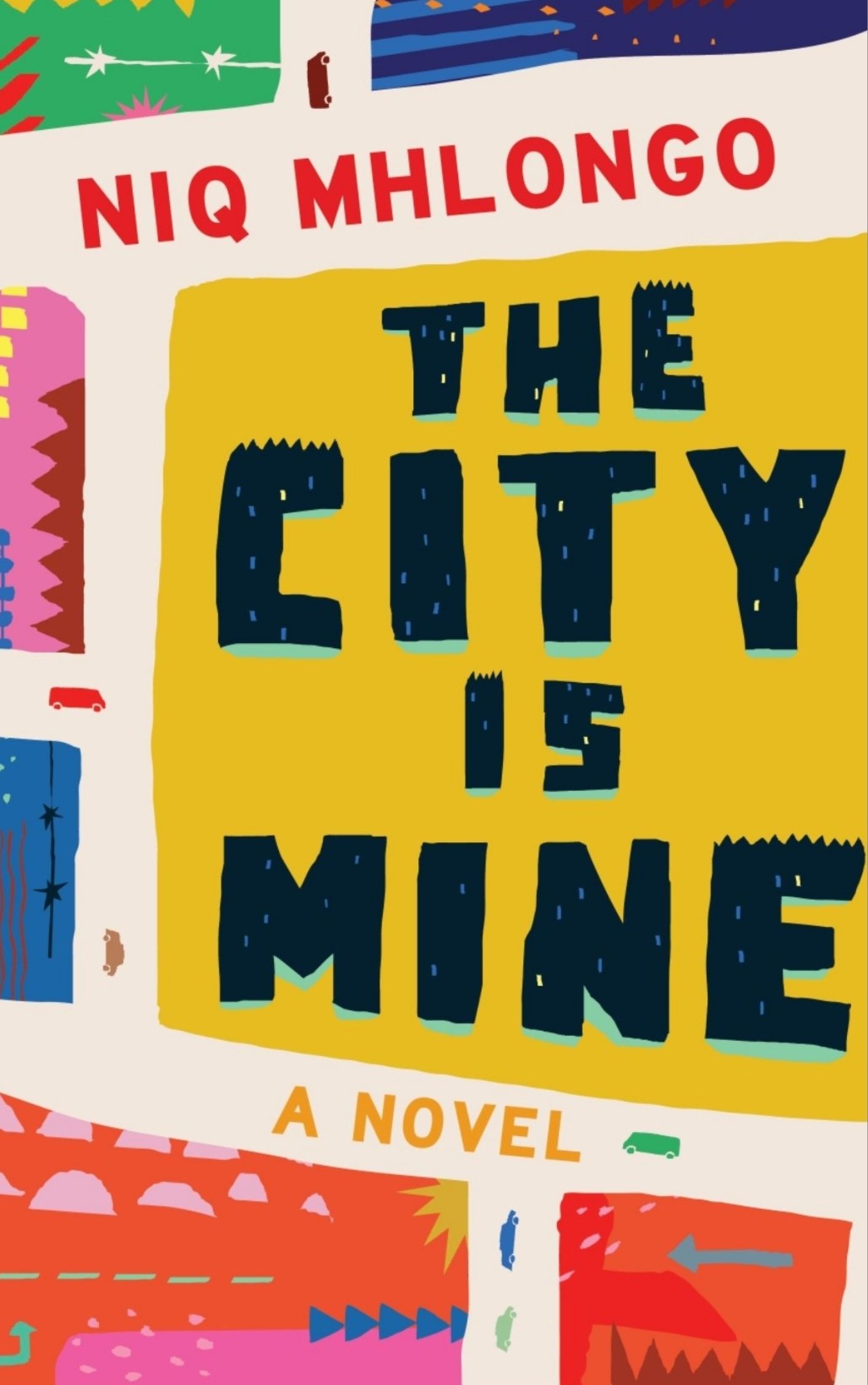
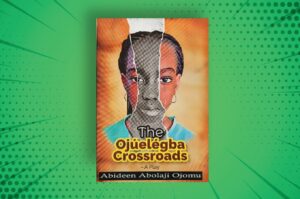

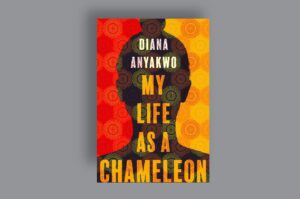

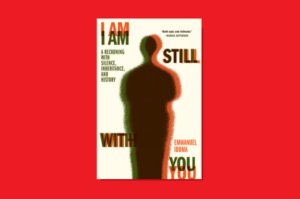
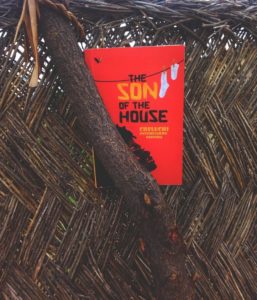

COMMENTS -
Reader Interactions